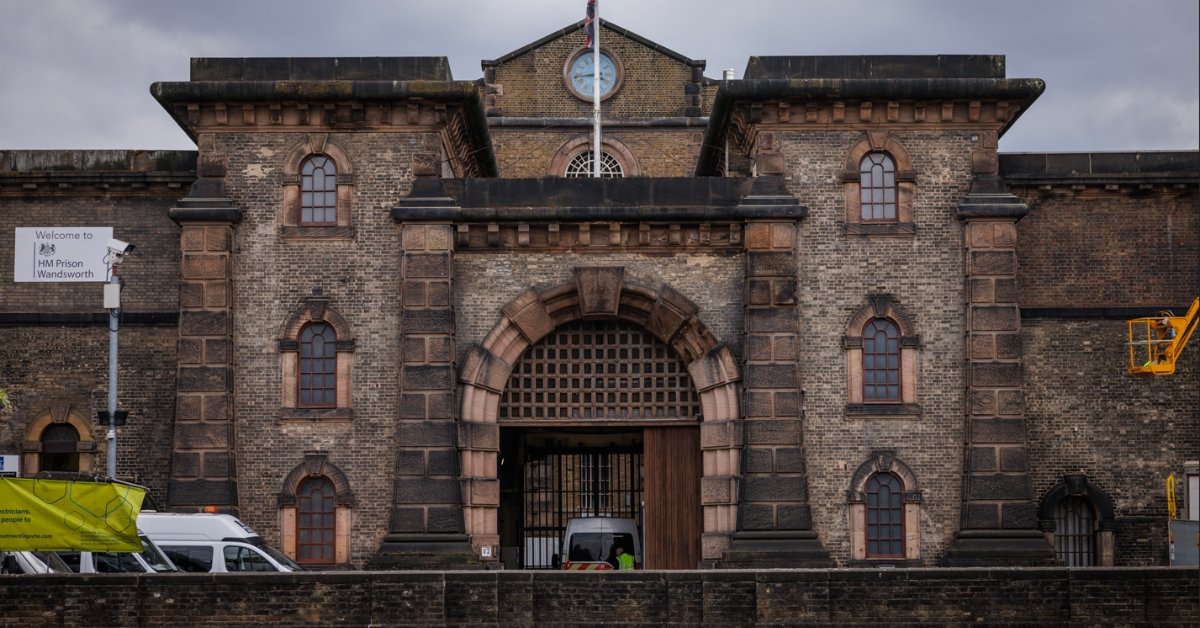Top restaurant bosses warn that tax hikes threaten hospitality jobs and closures. The Budget’s impact on restaurants and pubs puts workers at risk.
Table of Contents
Introduction
Recent changes in the Budget have alarmed many restaurant and pub owners across the UK’s hospitality industry.
Over 200 industry leaders have written to Chancellor Rachel Reeves, warning about the harmful impact of increased National Insurance Contributions (NICs) for employers.
Still recovering from the pandemic, the hospitality sector now faces rising operating costs that could threaten the jobs of thousands of restaurant workers.
The government expects these new policies to raise £25 billion for public services like the NHS, arguing that the burden is fairly shared.
However, business leaders argue they can only absorb these costs with severe consequences and are seeking relief.
The NICs Hike: A Closer Look
Two critical changes to NICs are causing concern:
- The employer’s National Insurance rate will increase from 13.8% to 15%.
- The threshold for paying NICs on employee salaries will drop from £9,100 to £5,000 annually.
These changes aim to boost public service funding but pose a significant challenge to small and medium-sized businesses that are the core of the hospitality sector.
Critical Voices in the Debate
Prominent figures in hospitality, like Kate Nicholls (UKHospitality) and leaders from Fuller’s, Stonegate Group, and Whitbread (Premier Inn), have voiced their concerns.
Over 200 other business leaders, representing thousands of UK pubs, restaurants, and hotels, have joined them.
These businesses argue that they can only pass these rising costs onto customers if they affect demand.
Smaller establishments may face closure, while larger ones could cut jobs or reduce employee hours to stay afloat.
Impact on Investment, Jobs, and Hours
The letter to Chancellor Reeves states that the NICs hike will force many businesses to rethink their investment plans, reduce employee hours, and even close down.
This would be a significant blow to an industry that provides millions of jobs and contributes substantially to the UK economy.
Smaller businesses often operate on tight margins and will feel the impact the most.
The Office for Budget Responsibility (OBR) warns that higher wage bills may lead firms to hold back on pay rises and new hires, harming lower-paid workers and those in flexible roles.
Suggested Solutions from the Industry
Industry leaders have proposed two potential solutions:
- A New NICs Band: Introduce a new employer NICs band that applies between £5,000 and £9,100 at a lower rate of 5%.
- Exemption for Part-Time Workers: An exemption for employees working fewer than 20 hours per week.
These measures aim to protect businesses employing low earners and ensure part-time and flexible workers do not suffer disproportionately.
Government’s Stance
Darren Jones, Chief Secretary to the Treasury, has stated that the government will not reassess the changes.
He argues that many employers will pay the same or less for NICs and that larger businesses can absorb the extra costs.
Jones also said the increased funding would help improve public services, including getting the NHS back on its feet, which benefits both employers and employees.
The government believes these changes are necessary for the country’s greater good.
Impact on Lower Earners and Flexible Workers
Lowering the NICs threshold effectively increases the tax burden on businesses employing workers earning between £5,000 and £9,100 annually.
This could reduce flexible working opportunities vital for parents, older workers, and those needing adaptable schedules.
The OBR has calculated that employees will bear three-quarters of the impact of NIC changes as businesses hold back on pay raises and hiring.
Rising Costs for the Hospitality Industry
Other sectors are also feeling the impact. Significant supermarkets like M&S and Sainsbury’s have hinted at potential price hikes to cover increased costs.
Simon Roberts, CEO of Sainsbury’s, mentioned the changes would cost the company about £140 million.
Meanwhile, Wetherspoons‘ chairman expects business costs to increase by £60 million due to the Budget.
Many hospitality businesses may have no choice but to pass these extra costs onto customers, leading to higher prices in pubs and restaurants.
Conclusion
The recent changes to National Insurance Contributions are putting pressure on the hospitality industry.
While the government believes these changes are needed to secure funding for public services, industry leaders warn of the impact on small businesses, lower earners, and part-time workers.
The proposed solutions—such as a new NIC band and exemptions for part-time workers—aim to protect vulnerable workers and keep businesses afloat.
Whether the government will reconsider remains uncertain. In the meantime, the hospitality industry faces an uncertain future, with potential closures and job losses.
Trivia
Did you know the UK hospitality sector contributes over £130 billion annually to the economy and employs around 3.2 million people? It plays a vital role in supporting the UK’s financial health.






